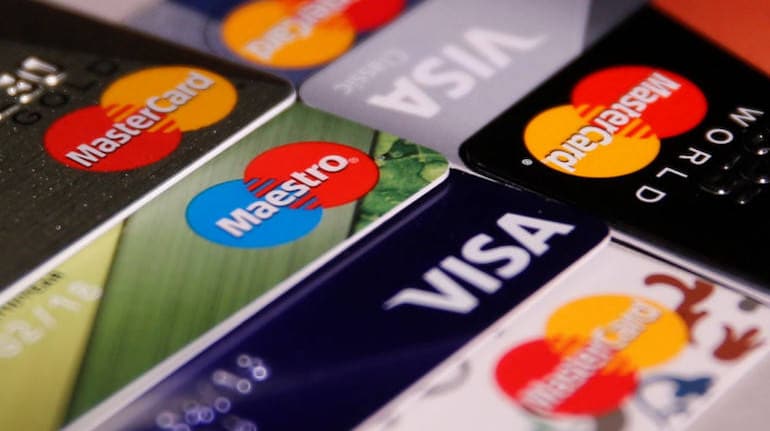



A few days ago, Paytm said that it would levy a 2 percent charge on adding money to the wallet using credit cards. The company later withdrew this surcharge stating that it would cause inconvenience to a majority of its customer base.
The flipflop may be over but it is necessary to understand why this was done in the first place.
Paytm came to know that some users were using the platform to get free credit by using credit cards to fill up the wallet and then transferring that money back into their bank accounts.
“Some financially savvy users (surprisingly many of them employees of national financial institutions) exploited this model to rotate money. This may surprise normal users like most of us but for a savvy user it meant freebies at Paytm’s cost,” the company had said in a blog post.
A video made on March 9 explaining how this loophole was being exploitedWatch | How consumers were using Paytm wallet to borrow money free of cost. pic.twitter.com/QutjKgDHFc— moneycontrol (@moneycontrolcom) March 9, 2017
Usually, credit cards companies charge a hefty amount for cash withdrawals. It is variable for different companies but for example HDFC Bank charges a transaction fee of minimum Rs 300 or 2.5 percent, whichever is greater, on the amount withdrawn.
Simple Process1) Add money to any mobile wallet like Mobikwik, Paytm, Freecharge using a credit card.
2) Enter account details where you want to transfer the money from the wallet.
This way one can bypass the heavy fee credit cards charged on cash withdrawals.
This sort of became a hassle free loan where absolutely no document or application was required.
While this may sound as a cool hack to avoid paying a hefty fee, there are many ways in which it can backfire and land the user in trouble.
For users who spend more than Rs 2 lakh annually on their credit cards, banks have to report them to the income tax authorities. An excessive exploitation of this loophole can land you a call from the taxmen, which might not be so pleasant.
A transaction made on a credit card is liable to be paid when the monthly bill is generated, if you default, a fine along with interest at a rate of 3-4 percent per month will be levied on the outstanding amount which cost more than getting credit from a legitimate route.
Discover the latest Business News, Sensex, and Nifty updates. Obtain Personal Finance insights, tax queries, and expert opinions on Moneycontrol or download the Moneycontrol App to stay updated!
Find the best of Al News in one place, specially curated for you every weekend.
Stay on top of the latest tech trends and biggest startup news.